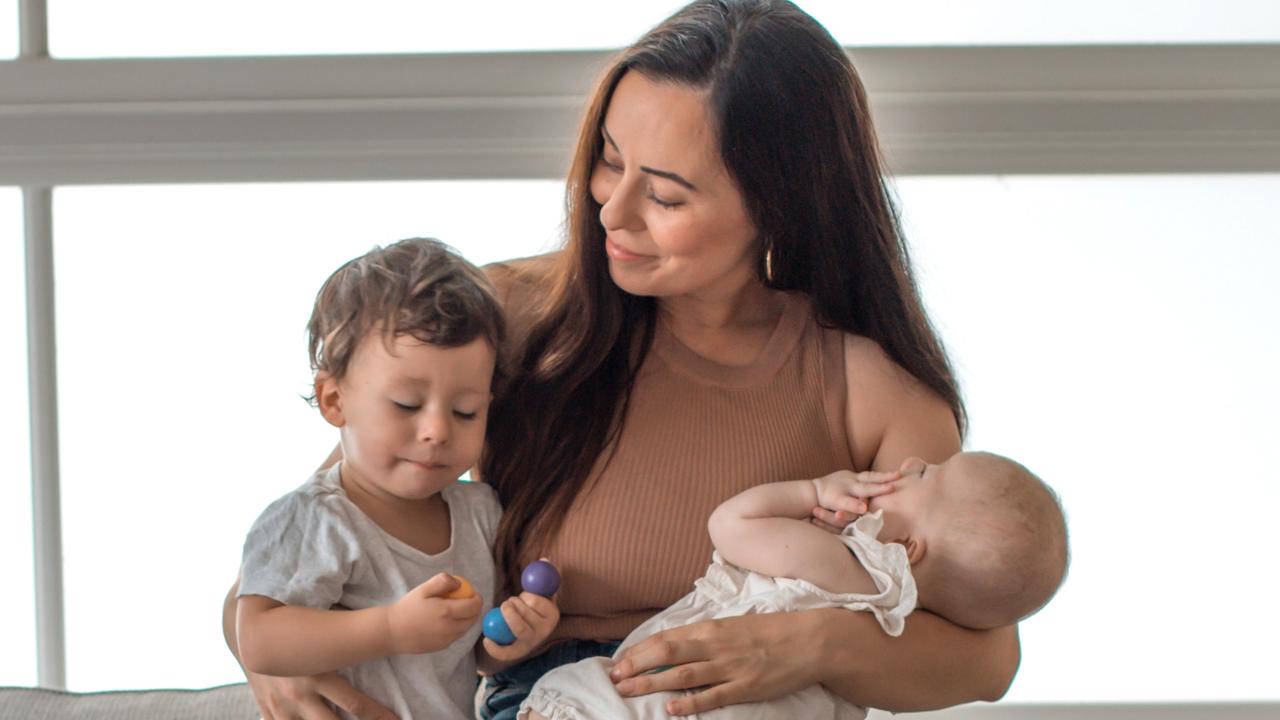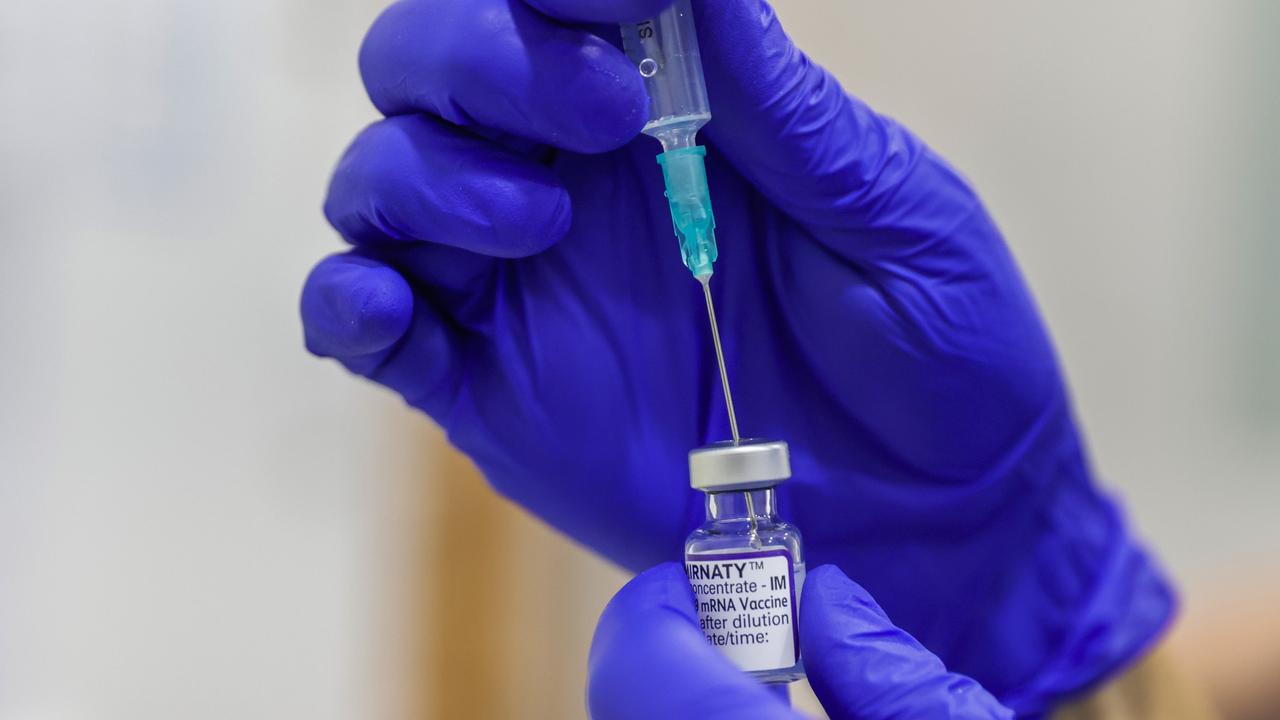NSW Covid: Close, casual contact rules explained for Christmas
The definition of a close contact has changed in NSW despite cases continuing to rise. Here’s what it could mean for your Christmas.
NSW Coronavirus News
Don't miss out on the headlines from NSW Coronavirus News. Followed categories will be added to My News.
Christmas is inching closer and with Covid cases on the rise in NSW, being deemed a close contact could mean spending the day in isolation.
Here is everything you need to know in the lead up to Christmas Day and the latest you can be ‘pinged’ as a close or casual contact:
I’M A CLOSE CONTACT AND FULLY VACCINATED: December 18
The definition of a Covid “close contact” has been overhauled, with hundreds of people set to skip strict seven day isolation ahead of Christmas.
Premier Dominic Perrottet and Chief Health Officer Dr Kerry Chant announced on Wednesday that only household contacts and “household-like” contacts (like partners who live in another house) will now be deemed a close contact.
Social contacts of Covid-19 will be highly unlikely to be pinged as close contacts and required to isolate for seven days, but it is still possible.
Some super spreader events like an exposure at the Newcastle night club where 30 per cent of attendees tested positive would also spark close contact notifications for attendees, but this will be rare.
Officials will contact you if you are a currently close contact of a confirmed case.
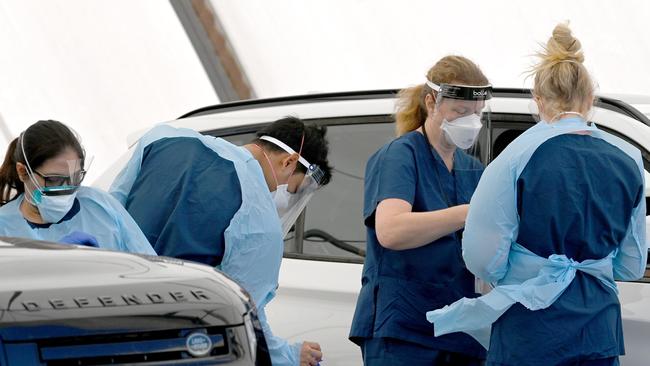
Social contacts will no longer need to isolate for seven days but will need to isolate until they return a negative test.
That means hundreds of people who have been thrown into seven days isolation are set to be released, but will need to wait for clearance from NSW health.
The isolation period for fully vaccinated NSW residents is just seven days of isolation for household close contacts.
The cut-off for being deemed a close contact is Saturday, December 18. If someone you live with or your partner tests positive for Covid on or after Sunday, you will be spending Christmas Day in isolation.Close contacts must take a PCR test at a clinic and get tested again on day six. If the second test is negative and you feel well, you may leave isolation on day seven provided you stay away from high-risk venues like healthcare and aged care facilities. You must also get tested on day 12.
I’M A CASUAL CONTACT: December 23
A casual contact is “someone who has been near a person with Covid-19 but who is at lower risk of getting Covid-19 than a close contact”, according to NSW Health.
Authorities will contact you if you’re a casual contact of a case, or you can check your history on the Service NSW.
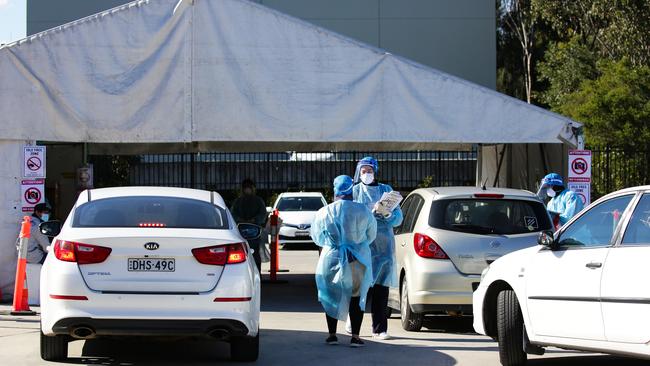
If you’re a casual contact, you should get tested immediately and isolate until you get a negative test result. Usually test results come back within 24 hours so depending on demand, if you get tested on December 23 and return a negative result, Christmas is on.
According to NSW Health, “if you feel well, you do not need to self-isolate while waiting for this test result.”
I’M A CLOSE CONTACT AND UNVACCINATED: December 11
If you’re a close contact and unvaccinated, you will have to complete the standard 14 days of home quarantine.
You are still considered unvaccinated if your second dose of the vaccine was fewer than 14 days before being exposed to Covid.
This means if you’ve been to a Covid exposure site any time since December 11 and are considered a close contact, you will have to quarantine over Christmas.
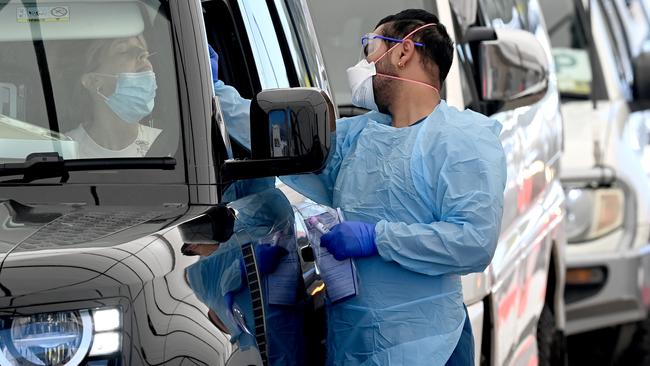
You must take a PCR test at a clinic and isolate for 14 days, getting a second and third test on day six and day 12. If the third test is negative, you may leave quarantine on day 14 provided you feel well and you haven‘t had any more contact with the Covid-positive person you were exposed to.
MY CHILD IS A CLOSE CONTACT: December 11 or 18
If your child is aged over 12 and fully vaccinated, the same rules apply as to a fully vaccinated adult – meaning if they are a close contact, they must get tested and isolate until negative, or quarantine for seven days if they are a close contact.
This means if your child is exposed on or after December 18 and is a close contact, they must isolate over Christmas.
Your child will also be required to test on day 12 and should continue to monitor for symptoms.
If your child is either under 12 years old, unvaccinated or both and is a close contact of a positive Covid case, they will need to do 14 days of quarantine – so if they have been exposed on or after December 11, your Christmas may be spent in isolation.
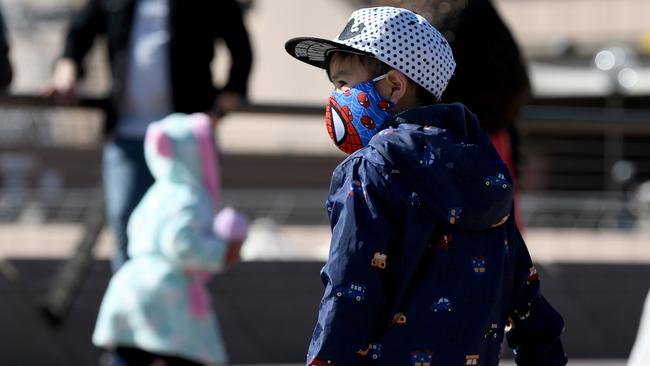
According to NSW Health, if your child or family member can “self isolate effectively alone”, the rest of the household does not need to isolate, provided the person isolating is kept completely separated from the rest of the home.
But if your child is too young or can’t independently isolate, and you are not fully vaccinated too, you and all other unvaccinated household members will need to undergo the full quarantine period and testing requirements at day six and 12.
If you are fully vaccinated and your child is not, you don‘t need to self-isolate but must not attend high risk venues like health care, aged care, disability and early childhood centres or primary schools and correctional facilities. The same applies for any other fully vaccinated family members.
As you are a secondary close contact, you and other household members will also need to test and isolate until negative from the day your child is named as a close contact.



